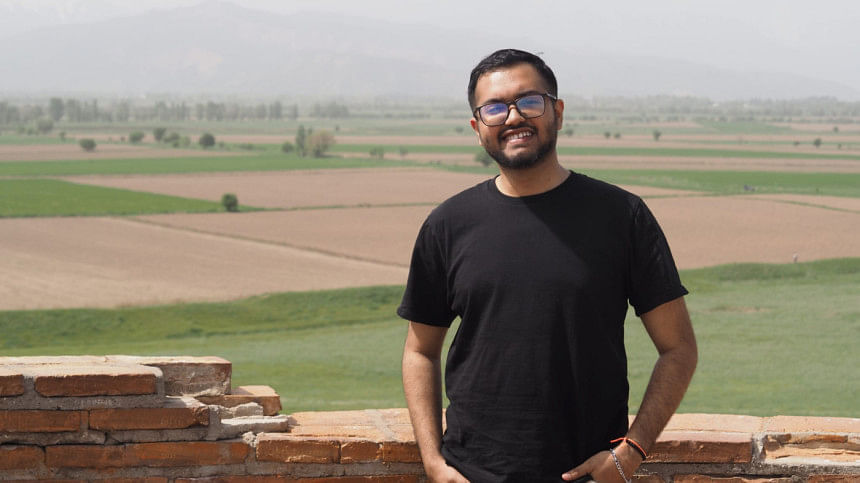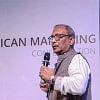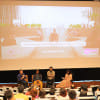BracU student receives $2000 grant from National Geographic Society

Hasibul Hasan Ahmed, a final-year Computer Science and Engineering student at Brac University, received a $2000 seed grant for his research externship on 'Community and Conservation' from the National Geographic Society and The Nature Conservancy.
National Geographic Society and The Nature Conservancy offers young adults aged 18-25 years from across the globe an eight-week virtual learning and leadership experience to equip them with the knowledge, tools, and funding to seek solutions and take action in their communities. These nonprofit environmental organisations are currently working on localising concerns of international freshwater conservation.
According to Hasibul, his community project, Ecoflow Revive, plans to revive the Banani Lake and adapt the Korail slum community in the process. During his two-month externship, he worked on freshwater conservation issues, especially in Dhaka's Banani Lake and Korail. To comprehend the impact of humans on freshwater conservation, he interacted with community members, conservationists, and local authorities using the researched model. To design this project, he mentored 12 students of Brac University about cause-driven research and published two research papers with them, states an announcement from Brac University's official website.
"This funding provides a strong sense of our credibility and team," said Hasibul, "I am extremely proud to be a part of and create an example as a university student to positively inspire other students to come along for our community development." Regarding what he plans on doing with the funding, he shared, "This funding will help us to find more funding options nationally and internationally, giving us a kickstart toward the destination we aimed for."
Besides the aforementioned accomplishments, Hasibul is a co-founder of Brac University's Social Impact Lab, a student-led organisation partnered with the School of General Education of BracU and the Open Society University Network (OSUN). The lab helps co-create social impact-driven projects with students willing to associate them with social entrepreneurship and business. Hasibul is also a Millennium Fellow of the class of 2022 in United Nations Academic Impact and part of the Aspire Leadership Program of Harvard University.
When asked about his plans, Hasibul said he is very optimistic about his future. He wants to build his career in climate and conservation by emphasising social entrepreneurship and circular economy. He also plans on incorporating global and national affairs to address the needs of the future.

 For all latest news, follow The Daily Star's Google News channel.
For all latest news, follow The Daily Star's Google News channel. 








Comments